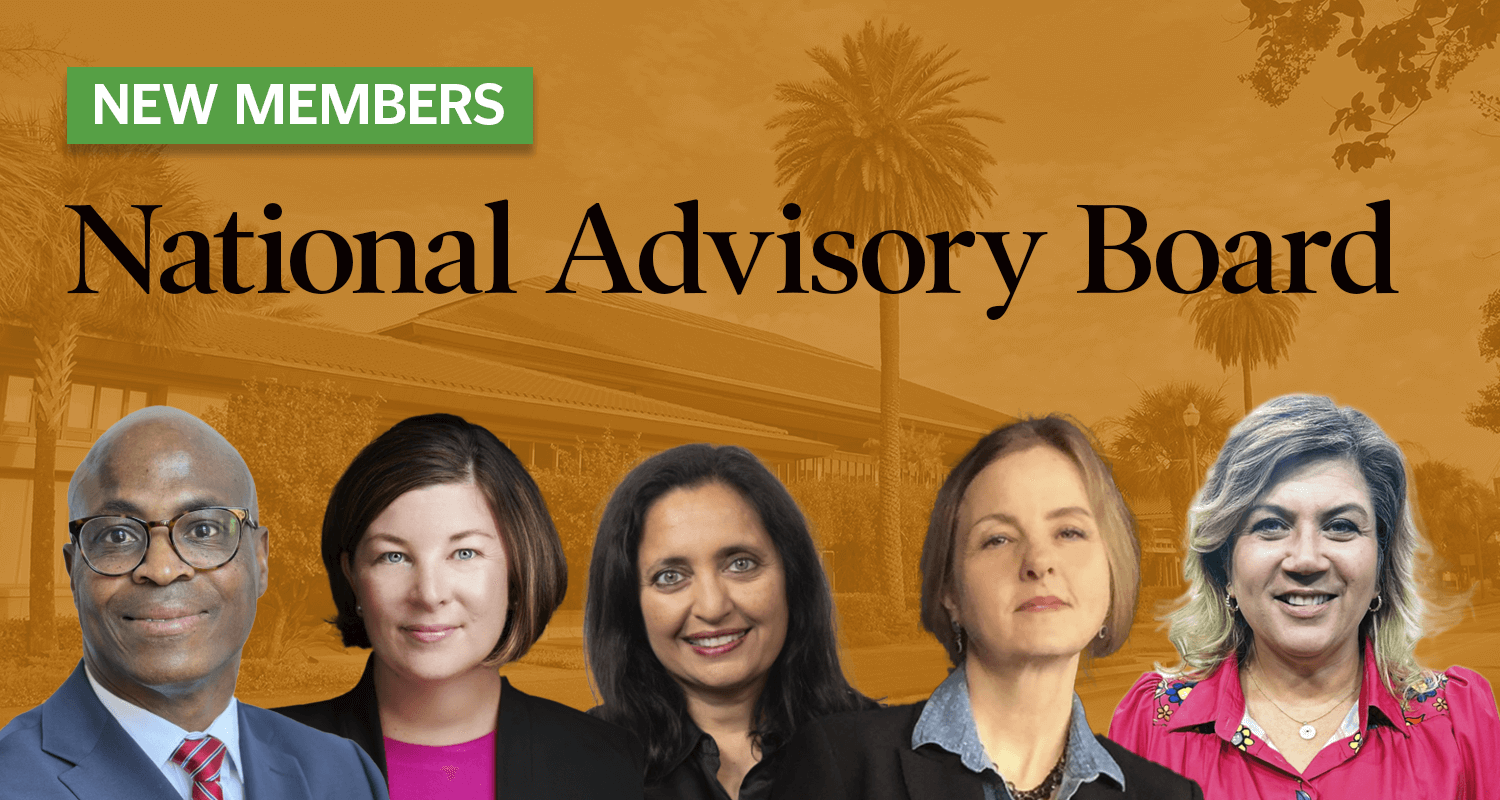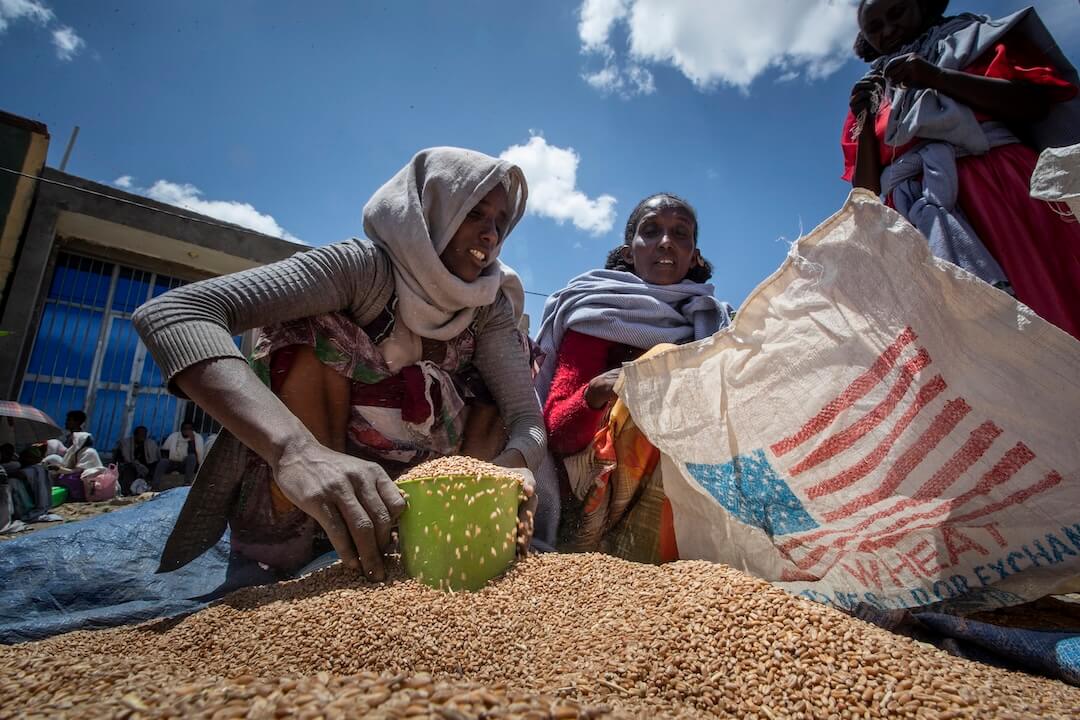Readers have a hard time talking to bots.
That’s one of several conclusions staffers at BuzzFeed reached after field-testing BuzzBot, a Facebook Messenger bot designed to gather news from on-the-ground sources.
Over two weeks at the Republican and Democratic conventions last month, they used the bot to communicate with delegates, protesters and people watching the conventions at home. They wanted to know: How are you experiencing the convention? What’s your name? Can we use photos you might send?
Some readers had a different idea.
“One of the things we found very quickly was that a lot of people who signed up immediately started throwing out commands they thought might work,” said Amanda Hickman, senior fellow at BuzzFeed Open Lab for Journalism, Technology and the Arts. “People do that when they talk to bots. They’re like, ‘Does the bot speak this? Does the bot speak that? It was the bot version of getting on the phone and saying ‘agent’ until you get what you want.”
It was one of the first lessons from the experiment, which put the concept of bot-assisted reporting under a microscope. Here are four other takeaways from BuzzBot’s trial run:
- Offer guidance
Although BuzzBot started out as a reporting tool, Hickman and her team quickly realized that people didn’t just want to give BuzzFeed information — they also wanted to receive it. After a handful of the bot’s 2,000 or so active users began asking for help, BuzzFeed began sending out basic information through Facebook Messenger.
“We saw a handful of people saying ‘schedule,’ ‘today’s schedule’ or ‘what’s new?'” Hickman said. “And it was quickly clear that enough people expected that that we probably could have baked it in. And we could have been listening for a few variations on what’s new and just pointed people to the breaking news post that BuzzFeed News was maintaining over the course of the day.”
- Adapt on the fly
After journalists and delegates began complaining about the logistics problems at the Democratic National Convention in Philadelphia, BuzzFeed’s staff began a back-and-forth with the bot’s users about possible alternatives.
It ended up being fodder for a post and a newsy way to engage people messaging BuzzBot, Hickman said.
“After we asked people for their dinner photos, somebody sent us a picture of a bottle of water,” Hickman said. “Then we went to people in Philadelphia and said: ‘We’re hearing that the delegates aren’t eating very well, can you give us any suggestions? And we got back some good suggestions of places within walking distance of the convention where you could get something better.”
- Pick the right venue
One of the problems with using BuzzBot to cover the political conventions is that they’re extremely saturated media environments, Hickman said. People at the RNC and DNC gatherings didn’t need a bot to convey their news — they could just speak to one of thousands of reporters swarming the event.
Breaking news situations where reporters and reliable information is scarce might be a great fit for BuzzBot, she said.
“When everything was flaring up in Istanbul three weeks ago, it would have been really interesting to fire up the bot and tell people using a lot of different channels, ‘We’re really interested in hearing from people who were on the ground,” Hickman said. “You could do a little bit of a dialogue: ‘What are the things we want to ask people?’ Then zero in. So I think that its real usefulness is in urgent breaking news situations…It’s not like there’s a shortage of reporters at the convention.”
- Bots can help with on-the-ground confirmation
The bot came in handy during the Democratic National Convention, when Bernie Sanders supporters were marching after Hillary Clinton’s nomination. There was a rumor circulating that Sanders delegates were participating in the march, but it was difficult to get on-the-ground confirmation, Hickman said. BuzzBot helped.
One user responded and sent a bunch of pictures. BuzzFeed looked up his name and, sure enough, he was listed as a delegate.
“Were we grounded until we got that key piece of data?” Hickman asked. “No. But it does speak to how we could use it in the future. Especially when there’s a big breaking news event or something that’s happening in a place where we just don’t have any reporters at the moment, and it’s an immediate situation.”
Westley Hennigh-Palermo, the BuzzFeed fellow who built the bot, agreed.
“In that situation, there were people on the ground, but they couldn’t necessesarily talk to everyone around them and find the delegate quickly,” he said. “It’s a difficult thing to confirm, and because we were in people’s pockets, we were able to do that.”
After the experiment with the political conventions, Open Lab staffers plan to huddle with their colleagues to see if there are other ways BuzzBot can be used, Hickman said. With major campaign events, including the debates and Election Day still ahead, it’s possible the bot will continue to figure into BuzzFeed’s reporting somehow.






